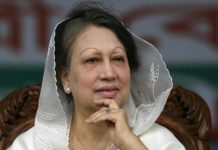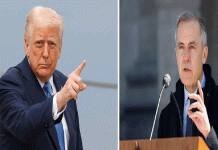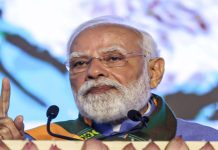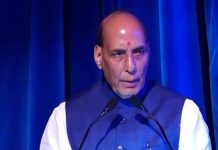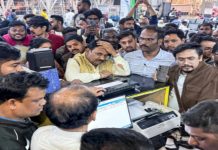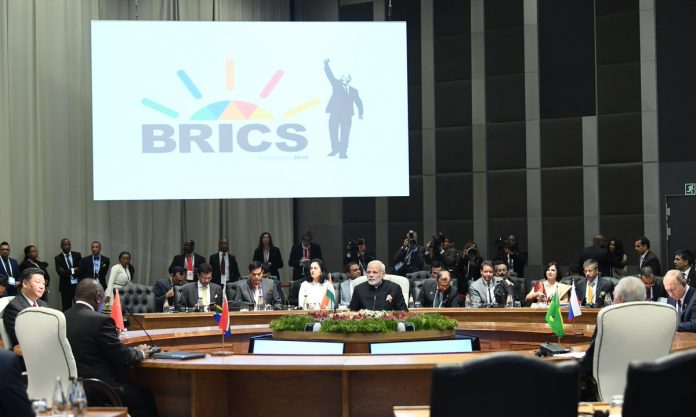Johannesburg, Indian Prime Minister Narendra Modi on Thursday said that India will work with other member states of the BRICS economic bloc to prepare for the Fourth Industrial Revolution while reiterating India’s commitment to multilateralism, international trade and rule-based world order.
Addressing the plenary session of the 10th BRICS (Brazil, Russia, India, China, South Africa) Summit here, Modi said that everybody knows the importance of working together to fight the challenges thrown up by cyber security.
“Industry 4.0 will further increase these challenges and needs,” he said.
“India will like to work with the BRICS on the issue of the Fourth Industrial Revolution. We need to together prepare best practices and policies in this connection.”
Founder and Executive Chairman of the World Economic Forum Klaus Schwab is credited with coining the term Fourth Industrial Revolution for having written a book by the same name.
It is the fourth major industrial era since the initial Industrial Revolution of the 18th century and is characterised by a fusion of technologies that is blurring the lines between the physical, digital, and biological spheres.
It is marked by emerging technology breakthroughs in a number of fields, including robotics, artificial intelligence, block chain, nanotechnology, quantum computing, biotechnology, the Internet of Things, 3D printing and autonomous vehicles.
“Keeping in mind the importance the changes in technology taking place these days and in the future have for BRICS nations as well as the whole world, I would like to suggest to our ministers discuss this issue in detail,” Modi said.
“And if need be, take the help of experts as required.”
According to Modi, the world that is being created by new industrial technology and digital interface offers opportunities as well as challenges.
“New systems and products will open new roads for economic development,” he said.
“People and human values are of utmost importance in development and progress.”
Stating that Industry 4.0 will make the world flatter, the Prime Minister said that many deprived classes will be able to make big leaps with the help of technology and development.
At the same time, he said it is difficult to say what effect this will have amid growing inequalities, a fast changing society and human values.
“In the Fourth Industrial Revolution, talent will become more important than money,” Modi stated.
“The new face of employment will be high skilled but temporary jobs,” he said.
He was of the view that digital platforms, automation and data flows will reduce the importance of geographical distances.
“When digital platforms, e-commerce and and marketplaces will get linked with such technologies, a new kind of industry and business leaders will surface,” he said.
Stating that the type and opportunities for employment will be an important issue, Modi said that though traditional manufacturing will continue to be an important means of job creation, it will become extremely important for workers to enhance their skills.
He was of the view that school and university curricula must be prepared in such a way that the youth can prepare for the future and said that it must be ensured that the changes in technology find place in such curricula.
“In India, because of this, the National Skill Development Mission has been started,” the Prime Minister said.
“The intention is to impart to our youth relevant technical and vocational skills,” he said, adding that his government is trying to ensure that quality technical, vocational and higher education is available to all sections of the society.
Modi also said that technological innovations can help in better service delivery, increase in productivity levels and better management of labour issues.
“In today’s times, technology has become the biggest disruptor,” he said. “The effects of Industry 4.0 just cannot be imagined.
Speaking on the occasion, South African President Cyril Ramaphosa, host of this year’s Summit, said that technology should not be allowed to change society.
“The needs of society should shape technologies,” Ramaphosa said.
He also said that the Fourth Industrial Revolution should not be allowed to be the preserve of a handful of nations.
Prior to the plenary session, Modi attended the leaders’ closed session of the Summit and presented the country statement of India.


